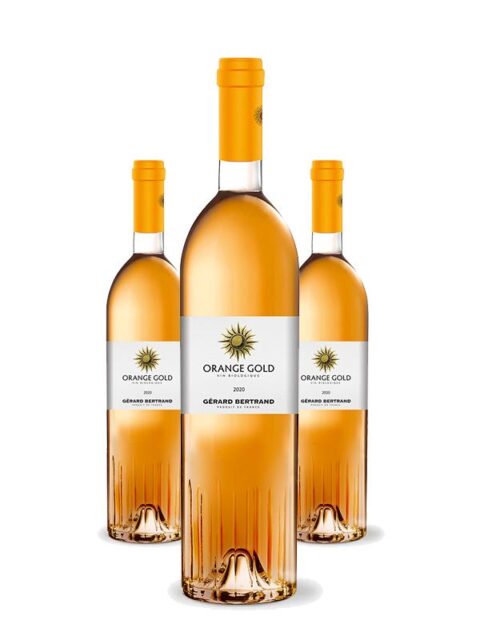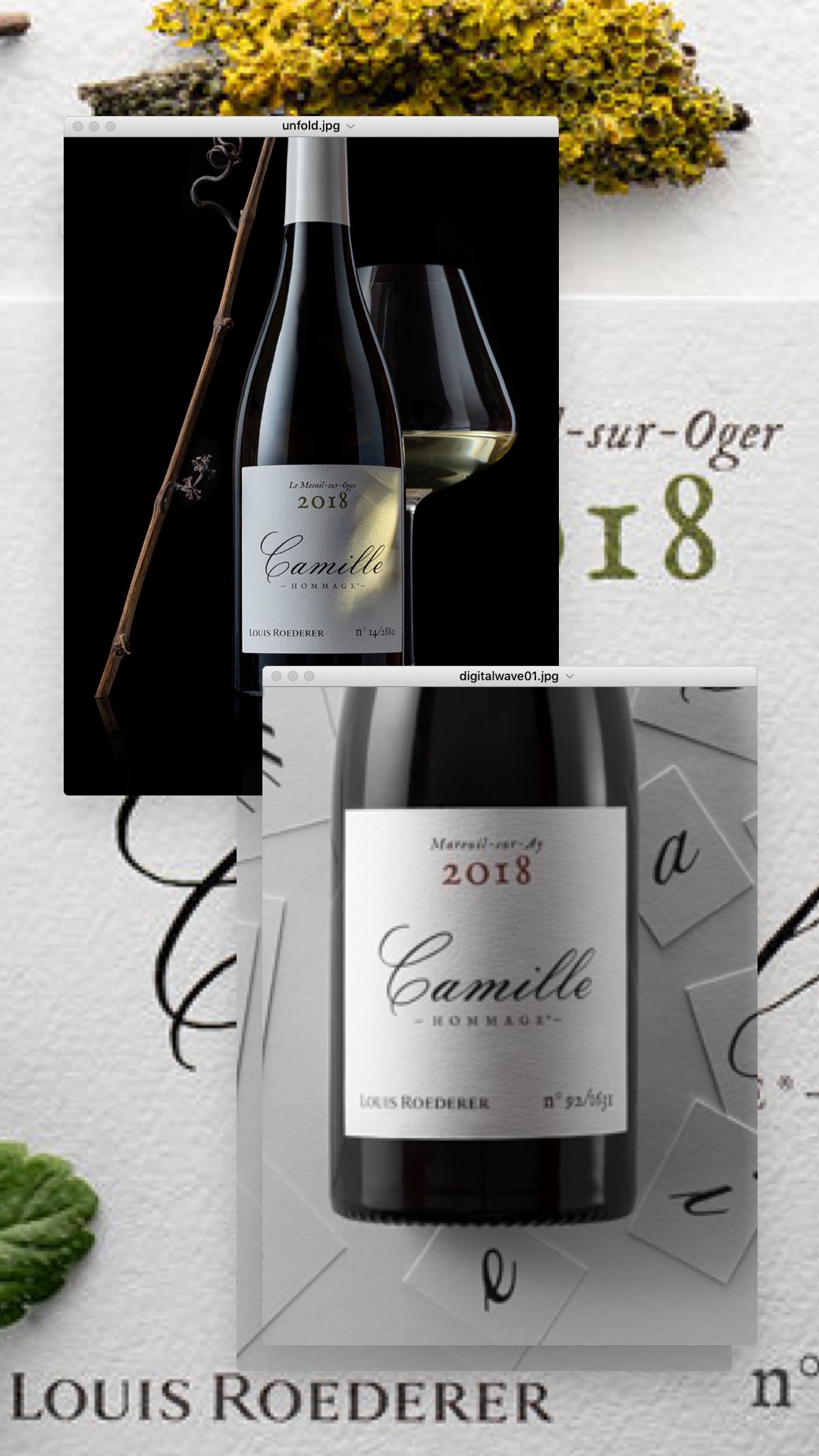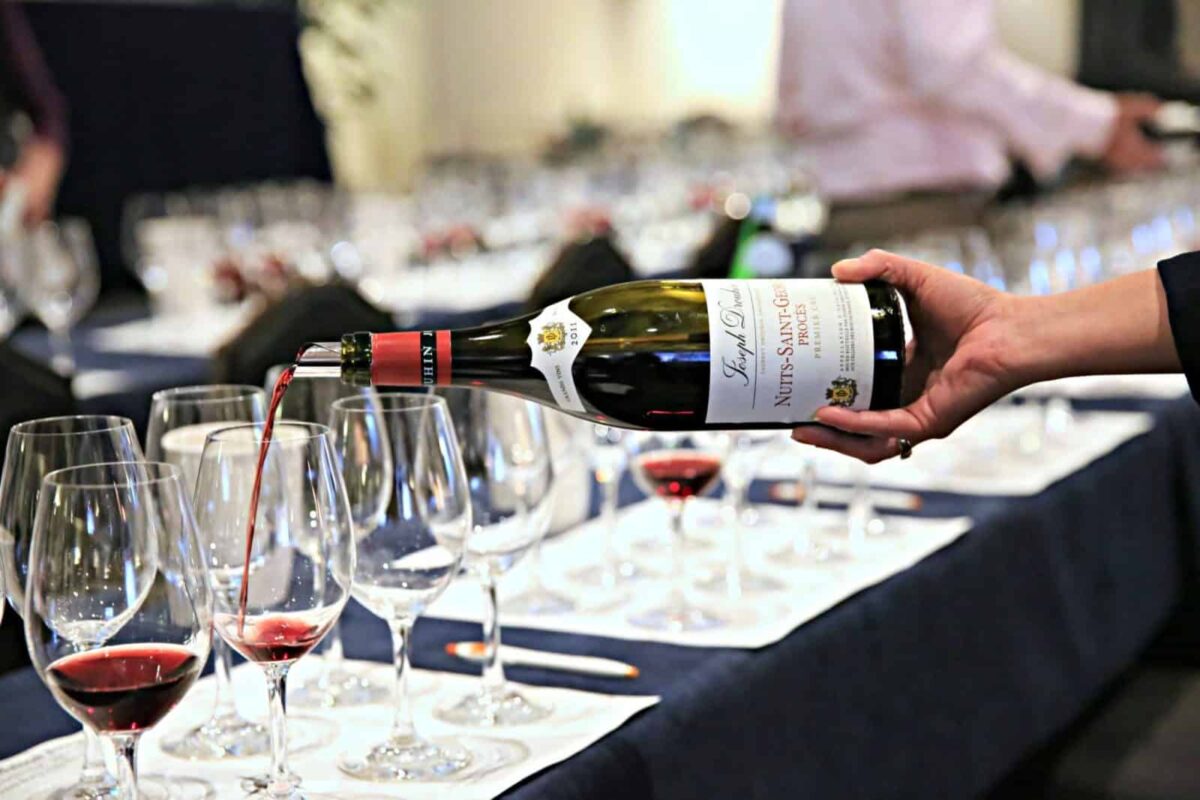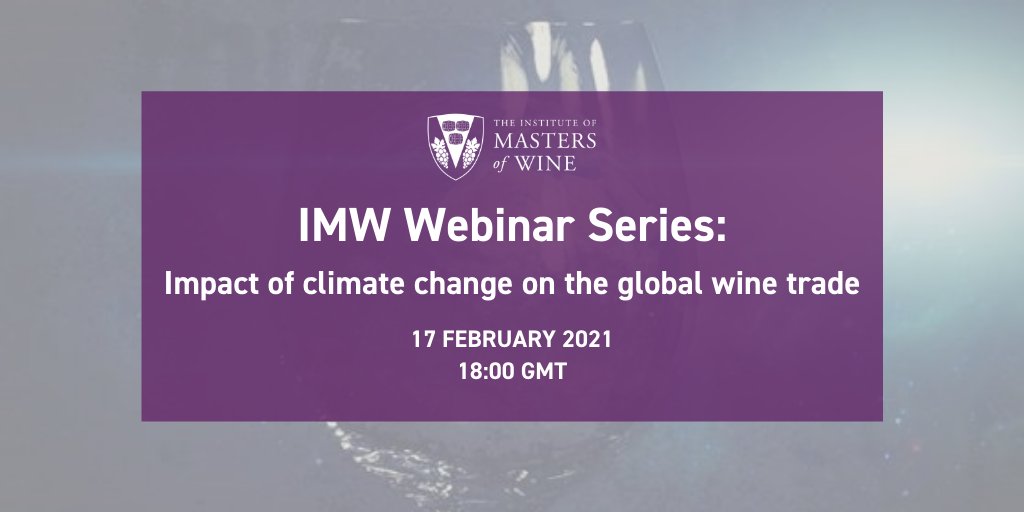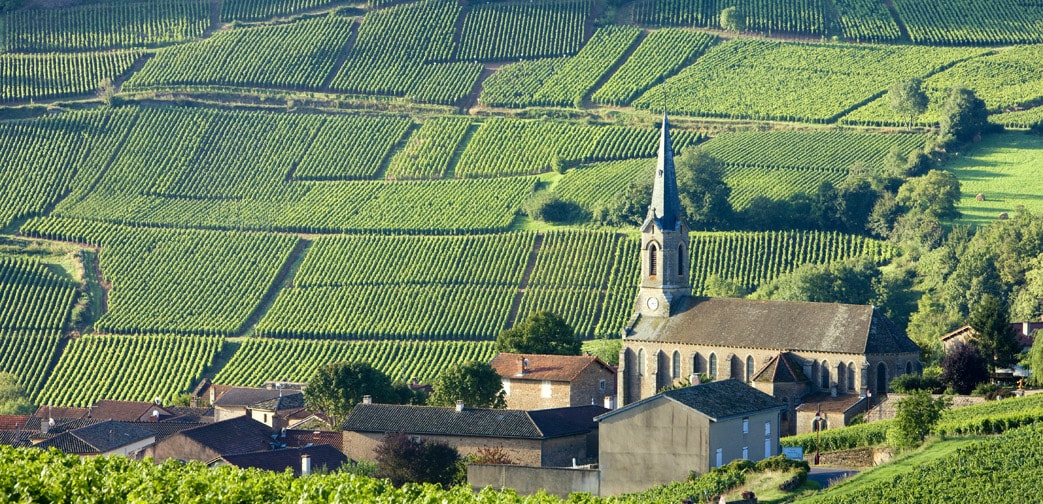Languedoc producer Gérard Bertrand has launched his first organic orange wine, which aims to blend Georgian tradition with a southern French modern twist.
Orange Gold 2020 is Gérard Bertrand’s first orange wine called “Orange Gold.” The wine is made from a blend of Chardonnay, Grenache Blanc, Viognier, Marsanne, Mauzac and Muscat.
Bertrand was inspired to create a modern, fresher expression that respected Georgian traditions.
Chosen for their aromatic complexity, the six grapes used to make the wine are fermented in whole bunches on their skins to add colour and tannin to the wine.
According to Bertrand, Orange Gold has “an unusual profile and remarkable finesse and subtlety, reflecting the vibrancy, minerality and freshness of the south of France.”
The aromas you will find in the wine are white flowers, candied fruit, grapefruit, orange water and white pepper. Bertrand is very proud of the wine’s “light bitterness” on the finish, which he believes “whets” the appetite.
“Orange Gold was bottled a week ago and I’m very proud of it. I’ve tried a lot of different orange wines from around the world, some of which I enjoyed, others I was disappointed by,” Bertrand said.
“I wanted to create an orange wine that blended the tradition of the Georgians with the modernity of the South of France, so it sees oak and stainless steel.”
Bertrand believes the wine offers a new taste experience and pairs well with hard cheeses and spicy dishes. Orange Gold 2020 is on sale via the Gérard Bertrand website priced at €12.50 a bottle.
“Human beings have forgotten that nature has given us the chance to be here. We feel like we’re the king of the world now, which is not true. We created the brand to put nature first again, which is what we need to do,” Bertrand said.

